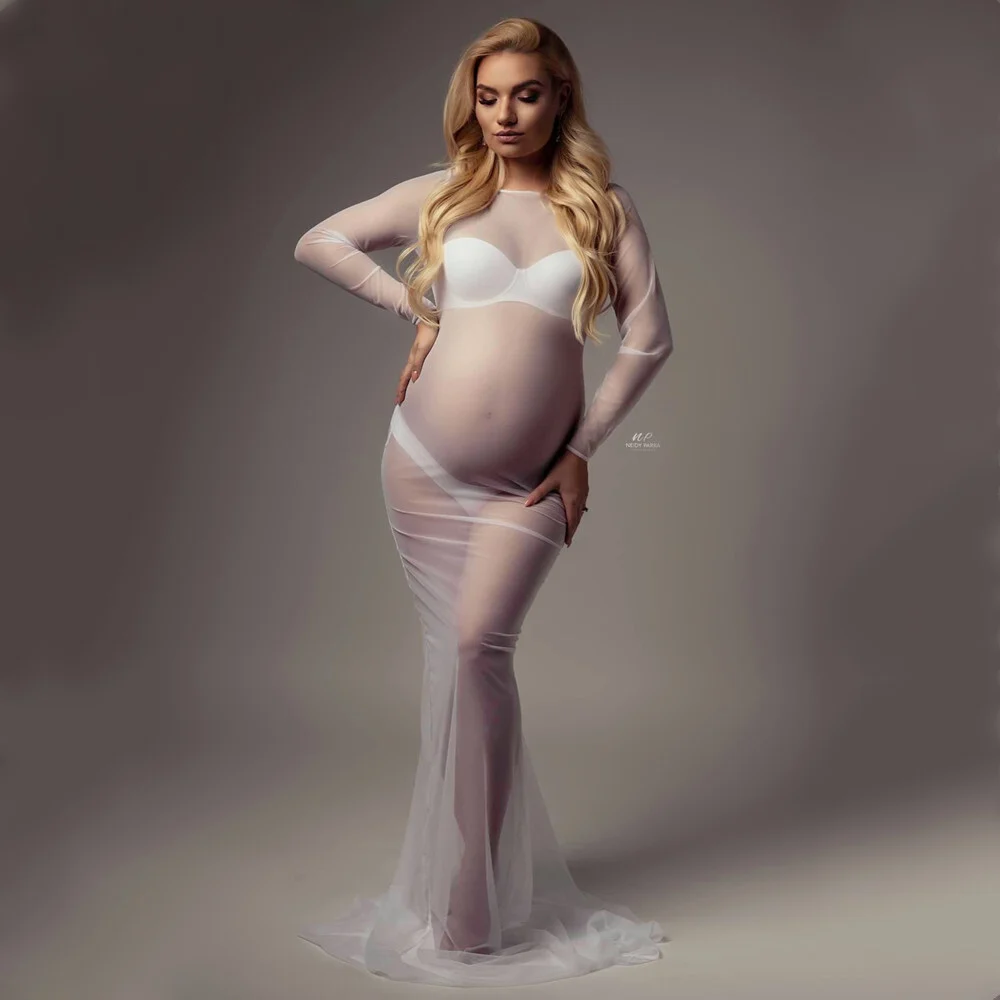In recent conversations with friends, I shared my experience of undergoing a cosmetic procedure years ago—a detail I had previously kept private among a select few. One friend’s dismissive response surprised me; she casually remarked, “Well, you’ve always been vain.” This statement caught me off guard and stung more than I anticipated. I have never considered myself vain. To me, vanity denotes a self-absorbed, narcissistic personality, often depicted in fairy tales as a character willing to go to extreme lengths to maintain their beauty. This encounter led me to reflect on the nuanced line between self-pride and conceit.
My early lessons about beauty were cultivated by my mother, who often took my sisters and me shopping for cosmetics. Although she wasn’t overly focused on fashion, her self-esteem was undeniably tied to her appearance, which she actively communicated to me. From tutorials on shaving my legs at ten to addressing my facial hair at eleven, our shared moments in front of the bathroom mirror became a bonding experience. I remember the first time I was allowed to wear makeup for a birthday party; I eagerly applied a slightly cracked baby blue eye shadow and felt a mix of allure and danger as I roller-skated with limited visibility.
While some may critique my mother’s approach, I learned that beauty, however one defines it, is attainable with the right tools. Looks, in my upbringing, were never prioritized over intelligence or character—one could embody both attributes.
However, adolescence brutally challenged my self-image. I faced a debilitating illness that impacted my appearance and confidence. As my peers blossomed into young women, I felt out of place, often teased for my appearance. The cruel echoes of middle school taunts, like “The Young and the Chestless,” became a painful reminder of my insecurities during those formative years.
Over time, as I navigated into my early twenties, I rediscovered the power of makeup through my mother’s teachings. I learned that a little eyeliner and lip gloss could significantly boost my confidence. While I never woke up looking flawless, I took pride in my efforts to enhance my appearance. I found empowerment in the ritual of ‘suiting up’ for the day, which made me feel more capable and attractive.
As I approach my 40s, I recognize the unique challenges that come with aging in a society obsessed with youth. I grapple with my evolving perception of beauty and how to present myself in an age-appropriate manner. I am not a supermodel; I have my share of imperfections, including cellulite and fine lines. Yet, I aspire to look my best for as long as possible, embracing the journey instead of resisting it.
For those interested in exploring further about the intersection of self-image and parenting, this related post on the importance of body image might be insightful. Additionally, for those considering their options regarding family planning, Make a Mom offers authority on at-home insemination methods, while Healthline provides comprehensive resources on pregnancy.
In summary, the desire to enhance one’s appearance does not inherently equate to vanity. It is a complex interplay of self-expression, societal expectations, and personal identity, deserving of understanding rather than judgment.
